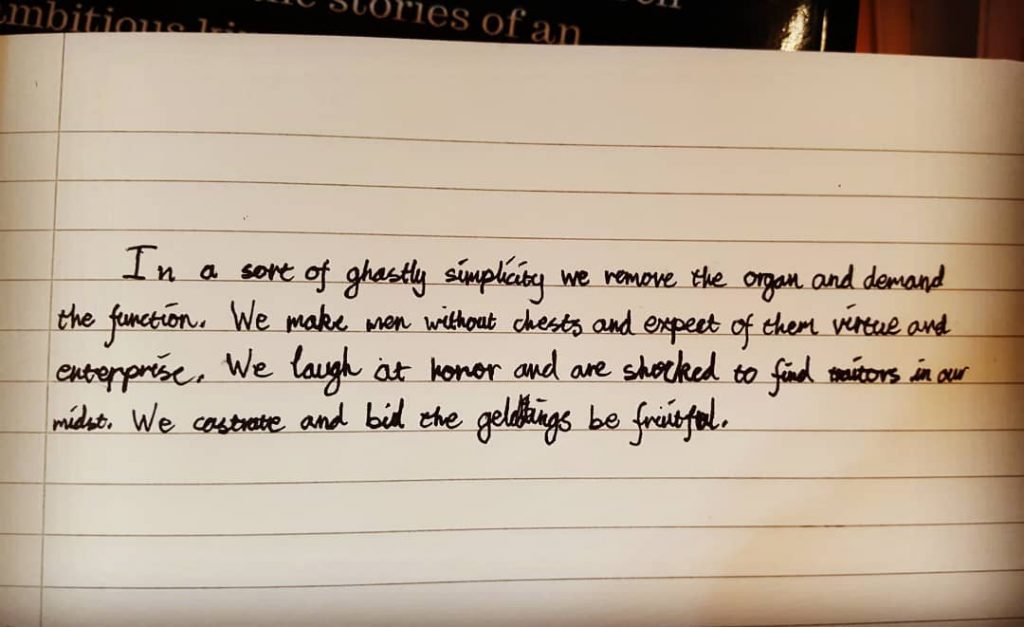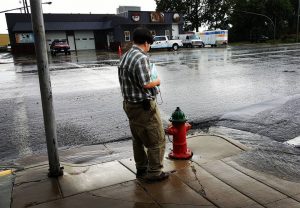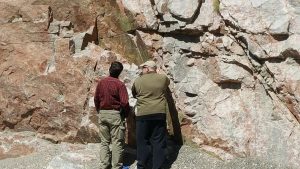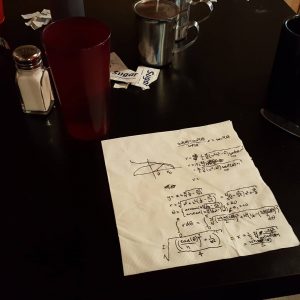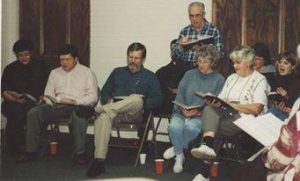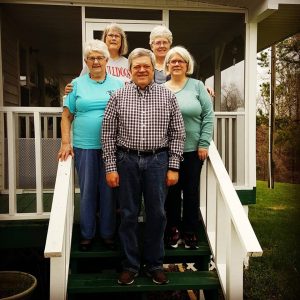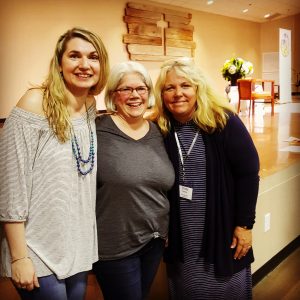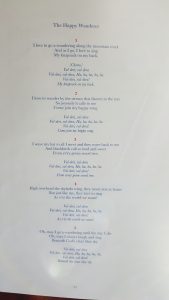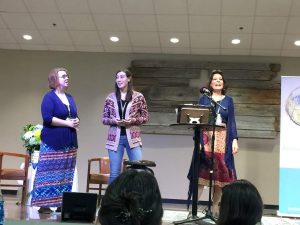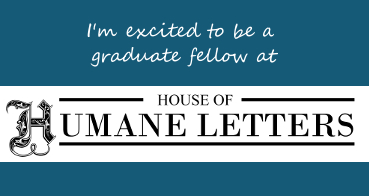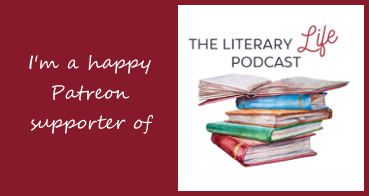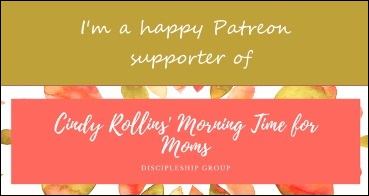Today I commemorate a day that was never going to be. The baby that would be named Virginia Grace Pelham at about 20 weeks gestation was Trisomy-18 from her conception and although she beat some odds to survive to birth, she did not make it past her 3 week birthday. Our daughter in reality would never be a toddler, never be a little girl that I would read to and teach how to read as I did her brother, and never be a teen-ager that we would guide through the struggles of becoming an adult. And yet here I sit imagining that teen-age girl on the 13th anniversary of her birth. Not an imaginary daughter that little Kay dreamt about for 40 years, but that very girl that was never meant to be a teen-ager.
Virginia Grace Pelham at about 20 weeks gestation was Trisomy-18 from her conception and although she beat some odds to survive to birth, she did not make it past her 3 week birthday. Our daughter in reality would never be a toddler, never be a little girl that I would read to and teach how to read as I did her brother, and never be a teen-ager that we would guide through the struggles of becoming an adult. And yet here I sit imagining that teen-age girl on the 13th anniversary of her birth. Not an imaginary daughter that little Kay dreamt about for 40 years, but that very girl that was never meant to be a teen-ager.
I don’t really know where to begin with all the thoughts that I have concerning this experience in my life. The recent New York legalization of infanticide seconds before birth certainly has triggered many thoughts and feelings. My daughter was not viable for long outside my womb, and yet she was so loved and so wanted by her mother. I cannot comprehend justifying in any way the murder of a baby by the mother or the people sticking that needle in her and ending the life of that baby. I’ve got nothing, people. It blows my mind how inhuman society has become.
There is often noted the bond between mother and child. Science has studied this. I have observed it at various levels in my half century on this planet. Wikipedia describes it in this way:
A maternal bond is the relationship between a mother and her child. While typically associated with pregnancy and childbirth, a maternal bond may also develop in cases where the child is unrelated, such as an adoption. Both physical and emotional factors influence the mother-child bonding process.
Through the years I have noted some mothers who have actually gone through the birth process and yet seem to be lacking this bond. Perhaps there is some connection, but definitely not near the level that most others exhibit. I’ve spent time pondering what has caused the disconnect of what should be a natural bond. Knowing the background of some — their relationship or non-relationship with their own mothers, family histories of physical or substance abuse — gives me some idea of why what should be a pretty intense and obvious bonding is not happening.
And so I ponder this glorious idea of maternal bonding versus “my body my right”. Whether or not you believe in Intelligent Design or a specific Creator as described in the Judeo-Christian writings, or you believe in an evolution of humans not associated with any specific designer, this maternal bonding associated with most (I know it is not all) females in the animal kingdom, has got to be something to be marveled at — and honored in some form. I consider it also glorious that that life is conceived within my body, that that body grows inside my body, that I can nourish that body inside my body. I consider it a glory. I consider it an honor. It is NOT my body. It is in my body.
When I learned in September, 2002 that I was pregnant through an at-home test, I marveled at this. When a week later I had some blood discharge, I cried because I thought I had messed up and lost that baby. When the ultrasound showed that there was an 8-week living being still thriving in me, I marveled and rejoiced. At 17 weeks the ultrasound showed us a boy. I marveled that I was going to have the James Dewey I had been dreaming of. On May 13, 2003, I marveled that I had survived the birth process and introduced to the world that beautiful 8 lb. 7 oz. boy. Perfectly healthy. And so he has remained. What a wonder. What a marvel. My son is a young man of almost 16 now. What a glorious thing and an honor it is to be his mother. A glory. An honor. A wonder. Motherhood.
When I learned in June, 2005 that I was pregnant through an at-home test, I marveled at this. I’m pretty sure that Jack considered it an honor and a victory of sorts as he raised his arms in a yeah-I’m-the-man gesture. A doctor’s visit (in which we’re pretty sure the nurse ran across the street to get the same at-home test) confirmed the results. When at 20 weeks the ultrasound showed a little girl, I marveled. A boy. A girl. Perfect. How did I get to be so blessed at this relatively late point in my life? I was nearly 44 at that time.
About a week before our daughter’s due date was the beginning of some not so happy news. Although all of our visits had shown a healthy girl growing at normal rates, she was now not gaining weight and actually losing weight. Perhaps there were issues because of my age, and I was not feeding her as I should inside. (These are memories of what I remember being told, or impressions of what I remember.) It was decided to induce labor in 3 days, on Friday, February 3rd. (Our son had also been induced nearly 3 years before. His was for opposite reasons. I was at my due date and he was huge. Although he ended up weighing 8 lbs. 7 oz., they thought he might be 10 lbs at that point.) Virginia Grace Pelham was born at 12:13pm on February 3rd, weighing 4 lbs. and a few ounces. Much easier labor and delivery than her brother. Immediately the doctor knew that there was more than her low weight at issue. Her features told him there was something more. She was whisked away from the delivery room immediately. I can’t remember how much later it was when Jack came back to my room to give me the news. I have a memory that my mother and my mother-in-law were in the room. Was new big brother James there, too? Jack sat beside me holding my hand and telling me that our new baby girl would probably not live long. They didn’t know exactly yet, but she most likely had a chromosomal disorder. He, and later the doctors, explained the possibilities. Turner Syndrome would allow her to grow up with physical abnormalities. Edwards Syndrome, Trisomy-18, would not. Oh, I prayed it was Turner.
They took my baby girl to Vanderbilt Children’s Hospital, about an hour away from where we were in Lebanon, TN. I spent the first night of her life away from her in the hospital where she was born. I remember nurses trying to comfort us. I remember reading about the Israelite King David crying out for the life of his child and his reasoning without despair after news of the child’s death. I remember Jack being by my side and together we worked through our thoughts and feelings. No matter the results, God still loved us, and it had been an honor to be Grace’s parents even for a moment.
He said, “While the child was still alive, I fasted and wept, for I said, ‘Who knows whether Yahweh will be gracious to me, that the child may live?’ But now he is dead. Why should I fast? Can I bring him back again? I shall go to him, but he will not return to me.” ~2 Samuel 12:22
One little extra chromosome. That’s all it took. I had one perfectly complete and healthy baby, and one that was not because of ONE little extra chromosome. How does this happen? Actually, I was curious. We were told that it happened at conception. That’s why I said what I said at the beginning of this post. From conception Grace was a little girl who could not live long. We were told that there is no way to know who did it — the mother or the father. Jack, knowing my insecurity and great ability to think little of myself, took the blame. He was sure he had done it. Very sweet of him, but we’ll never know. And what does it matter? We were told after the 3-day studies at Vanderbilt, that it was not genetic. Her brother James needn’t be concerned that he might have a Trisomy-18 child. Yes, that’s what they decided. Trisomy-18, or Edwards Syndrome. We were told that 50% of these babies don’t survive until birth. And then few of those survive outside the womb more than a few days.
We are fearfully and wonderfully made. And so delicate. Each part has its work. Down to the tiniest parts. The chromosomes. One extra one on number 18 throwing so much off. What a wonder. What a marvel. In all this very sad, extremely disappointing time, there is still the awe of how we are made. She wouldn’t be mine for long, but I still marveled, still felt honored that she had been for a little while.
Disappointment. Jack talked about that then. Jack talked about it when we buried Grace twenty-two days after her birth. Disappointment. I didn’t fully understand it then. But I trusted Jack. He was not just trying to make light of what we were going through. He wasn’t just speaking as a father who doesn’t feel things as intensely as a mother. Disappointment.
twenty-two days after her birth. Disappointment. I didn’t fully understand it then. But I trusted Jack. He was not just trying to make light of what we were going through. He wasn’t just speaking as a father who doesn’t feel things as intensely as a mother. Disappointment.
Oh, and another thing that we were told was that it was NOT my age that caused this. Does it matter? I don’t know, but it certainly was a relief to me. Trisomy-18 are born to mothers of all ages. I had declined the amniocentesis with both pregnancies. They were offered both times because of my advanced age. When we said we would never abort a pregnancy, we were told that knowing of any abnormalities would help us prepare for whatever future that would mean. But we were good, we said. We’d handle it when it came. And what’s the point of taking a chance with that big needle in your belly?! And so it came in February, 2006. Although, with little future. But we handled it. We did have 3 days before they finally confirmed it was Edwards to imagine adjusting our life for a disabled daughter. We would do it. But then we didn’t need to. Instead, it was life without a daughter.
For me, it was waiting a whole year to clean out her room and give away her clothes. Now, that’s not entirely as desperate as it may sound if you consider that in the fall we left for Columbus, OH where Jack worked until a month after Grace’s first birthday. But I did spend from February 24 until our departure in October not dealing with it. Maybe I went in to visit the room from time to time. But I think I mostly kept the door closed. There would not be another baby. The doctor took care of that a few hours after Grace’s birth. I have never regretted conceiving and giving birth to Virginia Grace Pelham; I will always regret (that’s not a strong enough word for) what I did after. It had already been scheduled. Why didn’t I cancel it??? Oh, my, that is another post.
In case you haven’t figured it out, I believe and I am totally convinced that this is TRUTH — that it is NOT my body, my right. It is another body marvelously, no matter the outcome, growing inside of me. What an honor to be chosen by my Creator to be “the host” and the nourisher for this new life. If a woman decides that she cannot be responsible to raise this child after birth, then make your last responsibility be to see that someone is found that can. Until that moment of birth, you are responsible for that life. You are responsible for Life, not Death. It is not your right to choose Death. No more than me deciding I can’t or don’t want to take responsibility for my 15 year old anymore and going in there and putting a bullet in his head. This is just the TRUTH. REALITY. SANITY. RIGHT. Get over yourself. Be in your Right mind. All of you mothers. All of you legislators. All of you medical professionals. Be Human. REASON and LOVE with ALL your HEART, MIND, SOUL, and STRENGTH.
I ponder from time to time where Grace is now. Having lost my dad in 2015, my brother in 1998, and Grace in 2006, I sometimes imagine them being together now. Maybe watching me. Looking out for me. But I just don’t know how it works. I look for answers in the Scriptures, but although they tell of a life after this life on Earth, I don’t find any details of who we are there, and what we know, and who we know, and what we remember from here, etc. I also haven’t found the answers to when we really begin. The real us. Our soul. I do believe that life begins at conception, but when does the soul enter? And where does God get that soul? When did my particular soul, the real Kay — not just this flesh, come into existence? And I’ve wondered if when a soul didn’t get a chance to make it to birth, whether through an abortion or miscarriage, does God give that same soul a second chance to do life on Earth? How about if they only got a day or 21 days like Grace did? Would that soul get a do over? The other day as I was considering this again, I thought, You know, I’d be really upset if Grace’s soul got a do-over and someone else got to raise that soul when I didn’t. Silly, yes. But it is what I thought. I want to know that there is only one Virginia Grace Pelham soul, and sadly, for us, she didn’t get to stay here long. But she’s waiting up there (or wherever it is) for us. She’s okay that she didn’t get to stay here long. She knows that her 9 months plus 21 days mattered. They still matter. She had parents and a big brother and grandparents and aunts and uncles that cared about Life. That still care about Life. Her family on this planet love and honor their Creator. I know that her parents are different people because of her. We love Righteousness and abhor Evil even more because she came to live with us for a little while. Our grief, our disappointment, brought us nearer to our God.
Amazing Grace, how very sweet the sound.
What a Wonder. What a Marvel.


